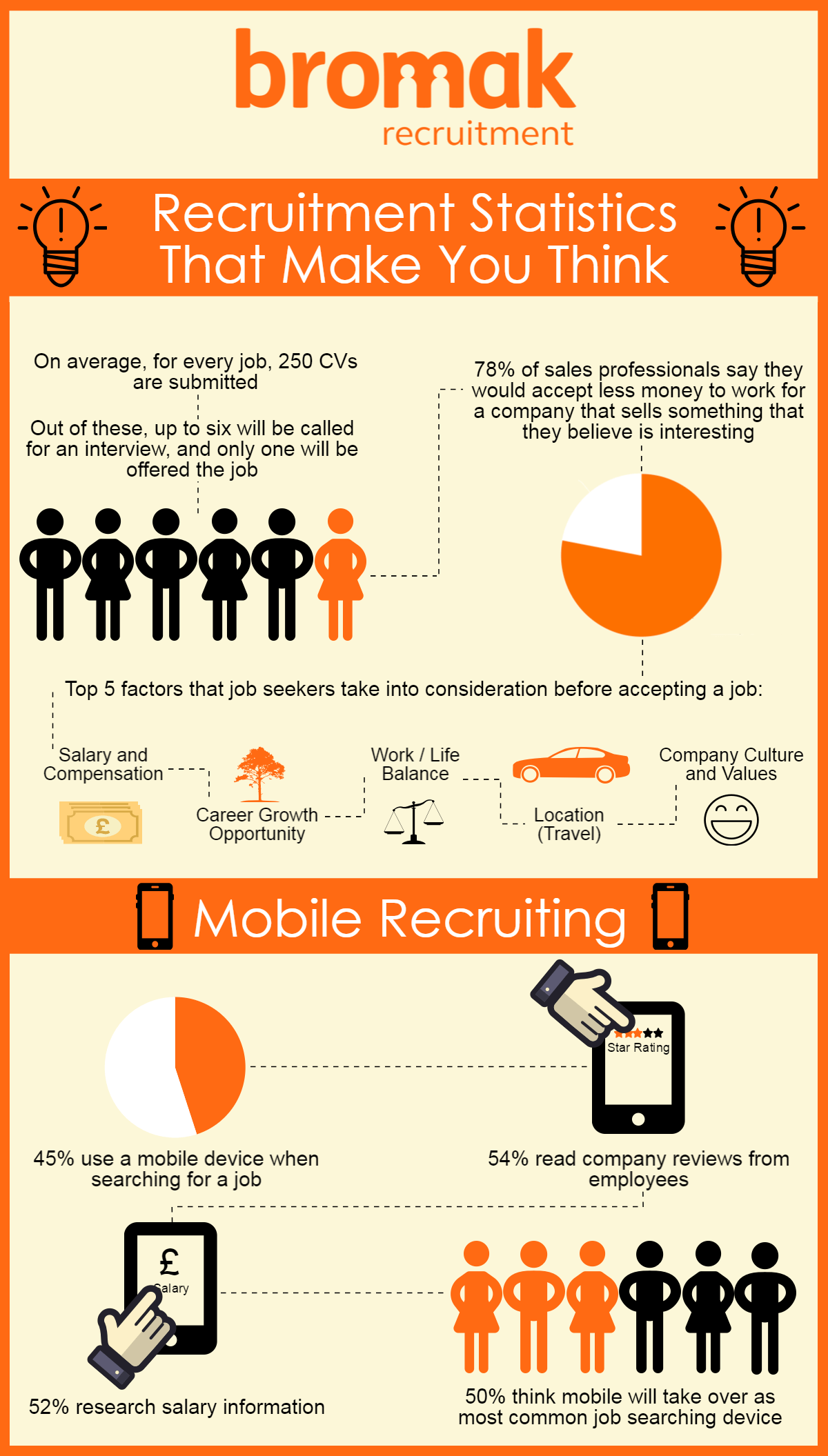First Class Tips About How To Make Money In Recruitment

The recruitment firm gets paid on a retainer basis when the role of the job seeker requires a particular set of skills and experience.
How to make money in recruitment. However, you can now make an incredible amount of money as a recruiter without working for an agency or dealing with the hassle of starting and running a business. What is a recruiter and how do they get paid?
Listen to the latest ian. The fee that you would pay the recruitment agency would be 30%:. In all placement situations, the company pays the recruiter, not the candidate.
They acted like an entitled jerk. To get £50k, you’re going to need to bill £150k. As the competition intensifies, increasing the your agency’s profit should be a top priority.
Which option would you pick, or possibly. There is one thing that internal recruiters and external recruiters have in common. Put the phone down, make yourself a brew (green tea or coffee, we won’t judge), and take in some decidedly more helpful advice.
Here are 10 recruitment strategies that you can implement right away. View six ways your recruitment agency can increase profit. By matthew deutsch | jul 21, 2022 | top echelon blog.
A retainer is paid throughout the. A recruitment expert has shared his top five tips for getting a pay rise. You hire a candidate for a role and pay them £60,000 for the first year of their employment.
The only difference is that the internal recruiter is paid a yearly salary by a single organization. Approach recruiters professionally and courteously. Now, let’s state the obvious:
What is a recruiter and how do they get paid? You can build your recruitment agency as a solopreneur working from home using a platform like recruiter startup. An external recruiter is paid much.
If you’re curious about recruitment agencies, one of the first things you may wonder is how they make money. Not too shabby, right? Here are some tips:
You’d need to become a technical recruiter to. Employers (the client) pay a recruitment agency a percentage of the candidate’s annual starting compensation. Read this and more in the money blog, your place for consumer and economic news.


















